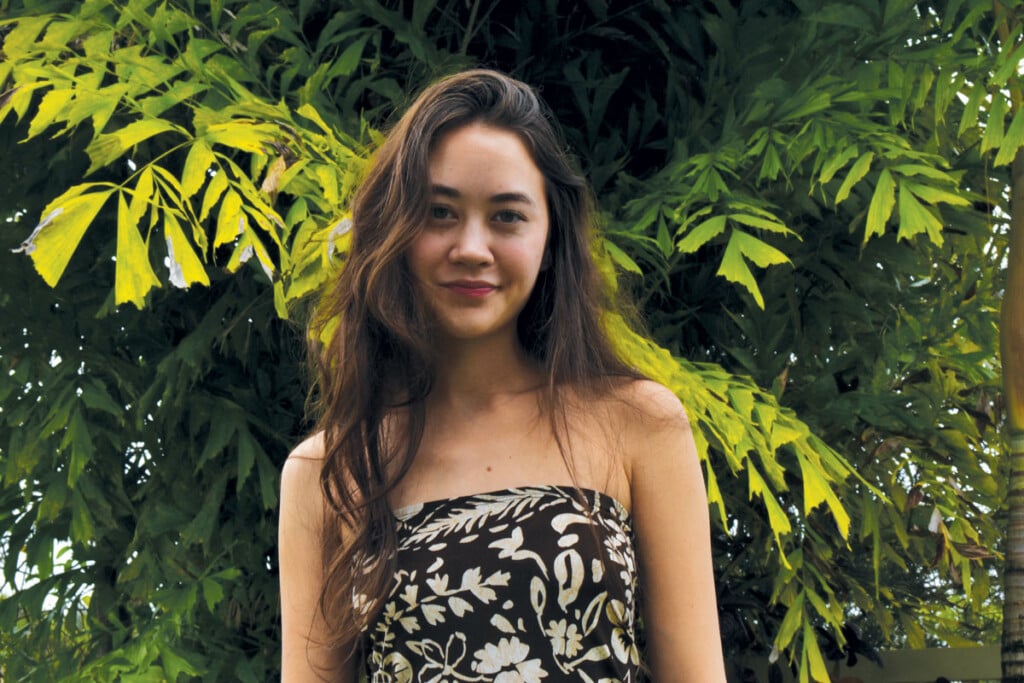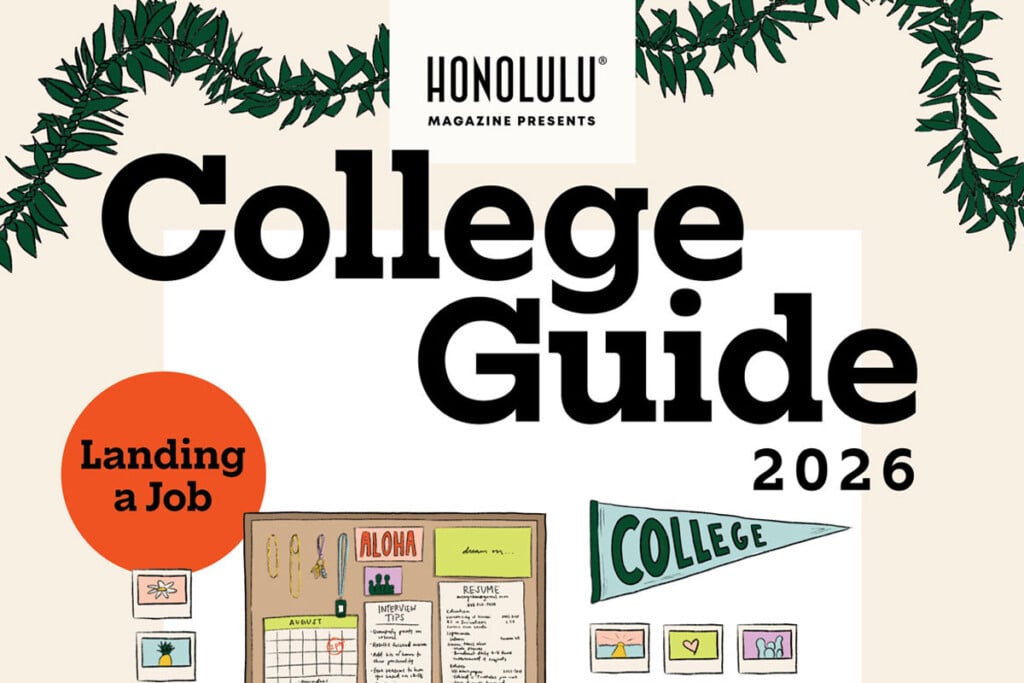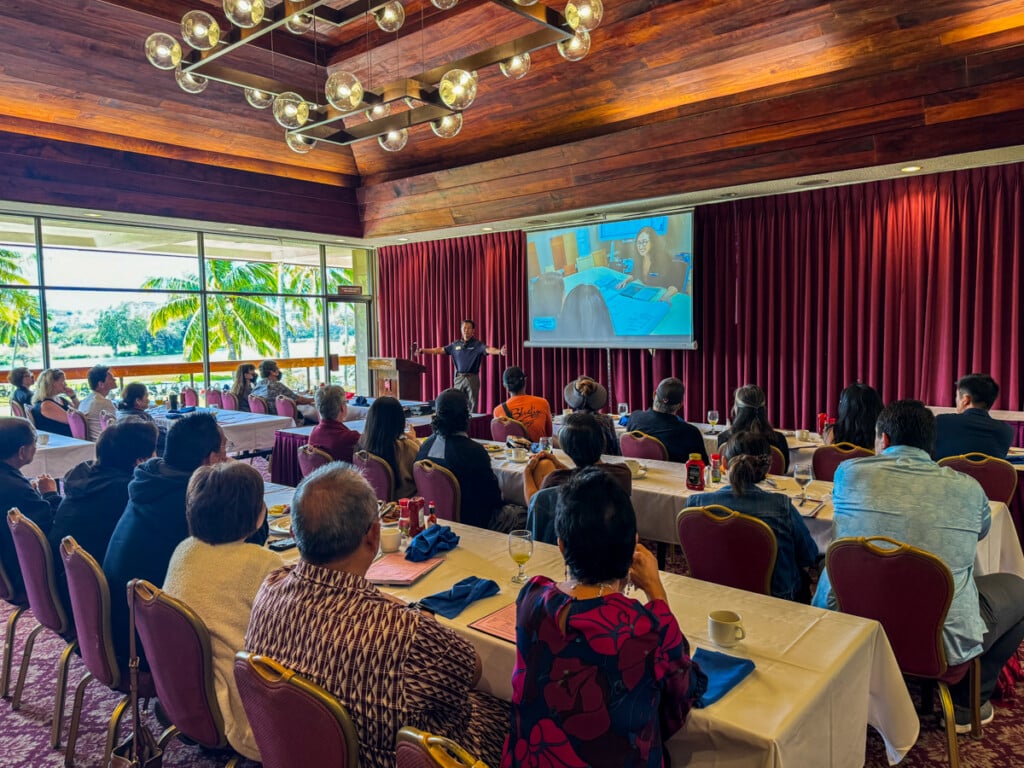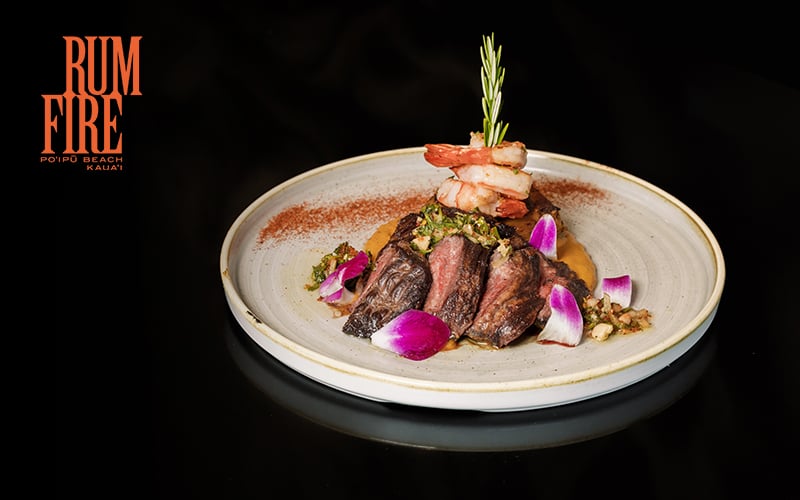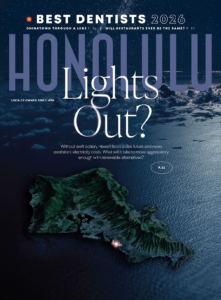2026 Hawai‘i College Guide: Pursuing a “Dying” Field
If journalism is dying, I’ll just learn how to chase ghosts.
I wish I could say I’ve wanted to be a journalist my entire life, but it’s only been since my freshman year of college. That was when someone told me I had the perfect name for the job.
This, I decided, was on point. So I joined my college paper and never looked back.
It was the best decision I could’ve made. Journalism has become a major part of my life, and as one of my editors always said: “It’s not just a job. It’s a lifestyle.”
But journalism is a dying field. At least, that’s what people tell me. I usually tune them out. After all, what do they know? Half of them told me to study computer science three years ago. Now, a lot of those computer science majors are being replaced by computers and AI programs.
Plus, I still read the news instead of watching YouTube clips or relying on social media posts to understand what’s happening in the world. I read it all—stories, columns, features. And so do my friends, and not just the writers. I would argue that anyone who says journalism is dying simply doesn’t read enough.
Still, while journalism might not be disappearing, it’s certainly becoming more challenging. We’re working at a time of declining attention spans, the proliferation of social media and, perhaps most significantly, a growing distrust of media bolstered by the country’s president. Even at my college paper, reporters are constantly denied entry to spaces, turned down for interviews and performatively glared at while on assignment. It’s almost as if we’re automatically cast as untrustworthy when we identify ourselves as media.
I’m not sure what people think journalists do. It’s not like we sit around a table, evil and sinister, plotting how to best misrepresent our subjects. (We usually sit on a couch for that.)
Sure, plenty of news outlets cherry-pick information and push agendas. But there are also media organizations producing quality journalism. And let’s be real here: Rejecting journalism is not the answer, especially if the alternative is relying on ChatGPT, content directed by Instagram algorithms and conspiracy theories.
As a reporter, I’m not out to sensationalize mundane occurrences or spread misinformation, even if it leads to more clicks. I’m here because I want to learn, and because I love to write. I think people should know what’s happening in their communities, and I believe the world needs journalists.
As long as there are stories to tell, we need people to tell them. And with our fractured political climate, a society that increasingly undervalues human connection, and the federal defunding of public media, journalists are more important than ever.
So am I worried about pursuing a dying field? No, because journalism isn’t dying. It’s changing, for sure, but I’m looking forward to being part of its next chapter.
Annabelle Ink is a senior at Pomona College in Southern California. She was a summer editorial intern for HONOLULU as part of a program coordinated by the Society of Professional Journalists Hawai‘i chapter.
